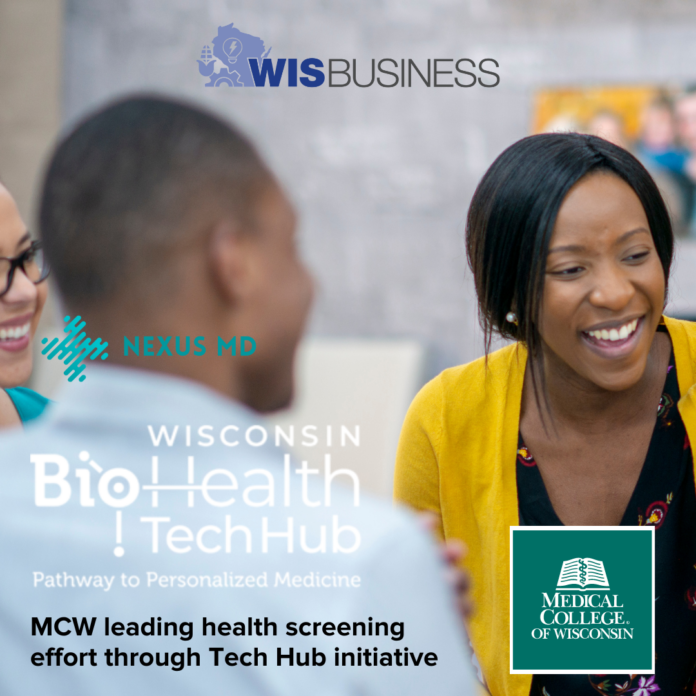The Medical College of Wisconsin will lead a health screening initiative as part of the Wisconsin BioHealth Tech Hub effort thanks to newly announced federal funding. The U.S. Economic Development Administration last week awarded $49 million to the state-based effort, led by the 18-member Tech Hub Consortium, including MCW. The college then rolled out details for the CAREScan Mobile Screening project, one of the main efforts being supported with the Phase 2 funding. This effort will initially provide lung, colon, breast, prostate, and liver cancer screening, and will ultimately screen for other diseases as well, according to the release. It will also use AI-based telehealth services developed by a MCW spinoff biotech company called NexusMD. These will be offered through a neighborhood-based framework to advance access to health screening, MCW says. This approach is meant to build trust within communities that are historically underserved by medical screening services, with community outreach being conducted in partnership with Milwaukee-based InPower and Madison-based Wisconsin Health Literacy. Plus, one element of the project will tap experts at the Milwaukee School of Engineering to employ AI as part of the community interface effort. CAREScan will be developed at MCW’s campus in Milwaukee, with a focus on neighborhoods in Milwaukee County with low rates of cancer screening. And it will be offered to tribal communities through partnerships with tribal organizations. Mara Lord, senior vice president at MCW and project lead for the CAREScan project, says the effort holds “unlimited potential” as the first of its kind to combine screening with participants’ expertise. “It enables us to offer screening and care at the doorsteps of community members,” she said in a statement. “We will implement CAREScan as a community-immersed model, taking time to work with community organizations, leaders, and mobilizers to first build trust.” The $49 million for Wisconsin’s Tech Hub program was part of a $504 million package split across a dozen hubs around the country, according to the release. The funding comes from the 2022 federal CHIPS and Science Act. See the release and more coverage of the Tech Hub announcement.






